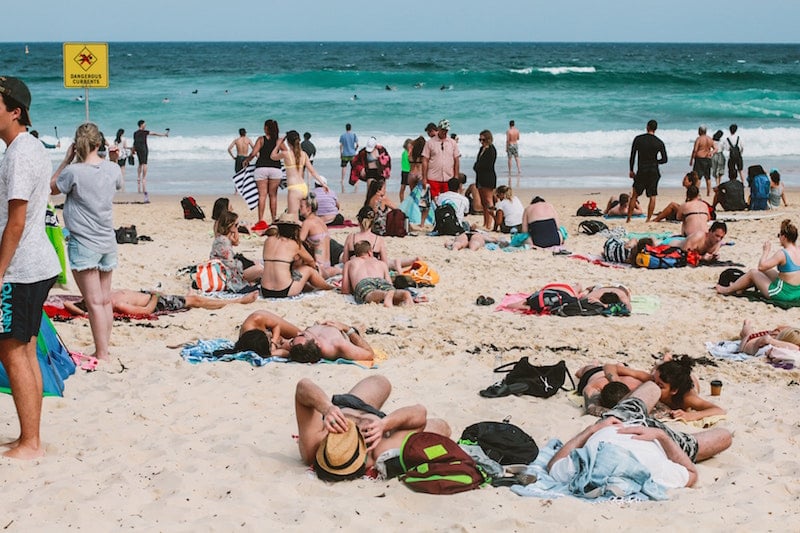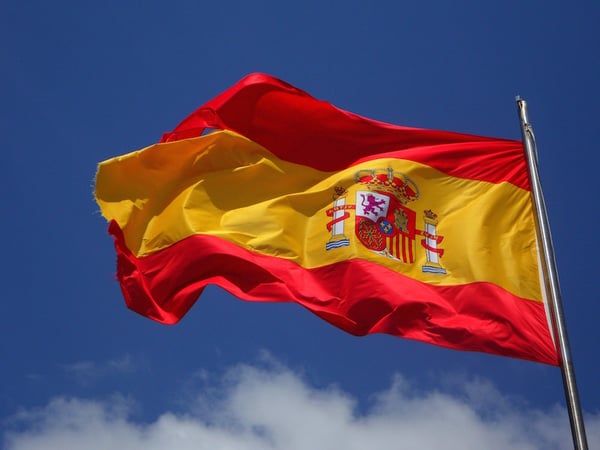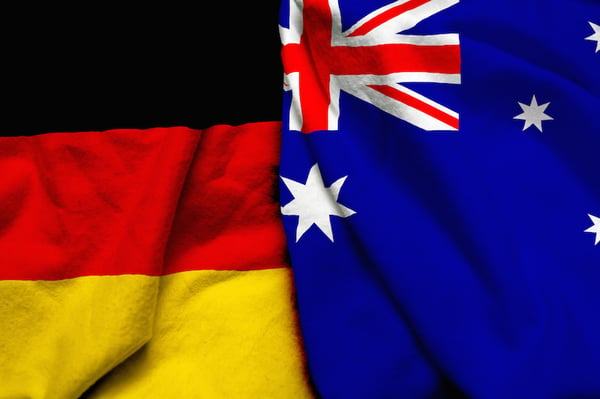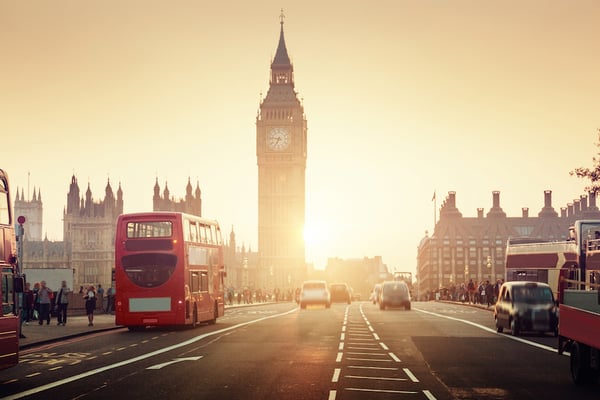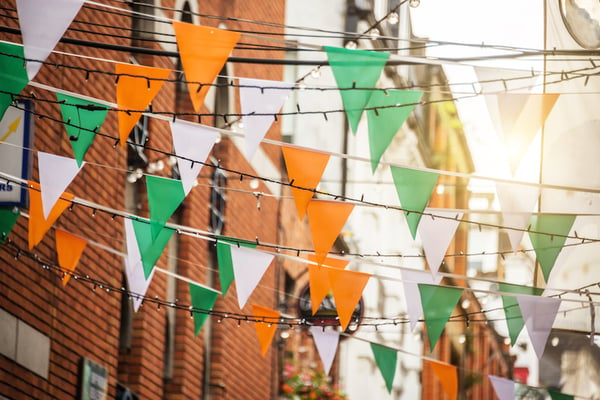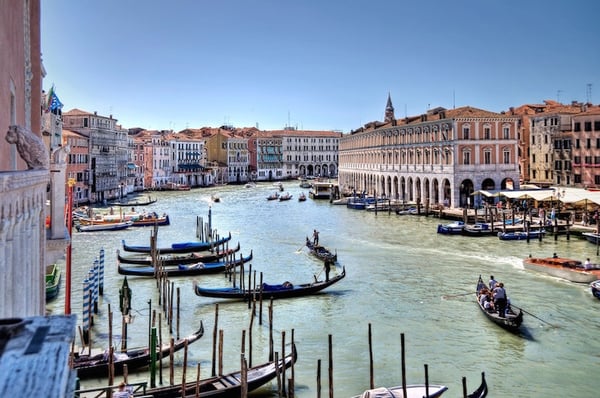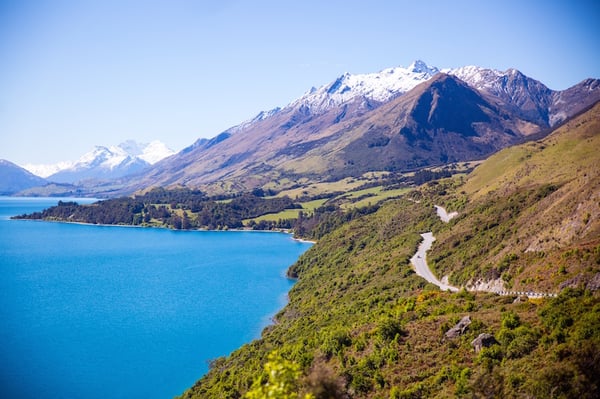Adjusting to life as an expat in Australia?
When moving to Australia you need to plan your accommodation, visas, employment and the bigger details of this life-changing move. You can prepare easily for all the above by looking online, checking forums or even in our guides to moving to Australia. However there are cultural differences that you will only experience when you arrive, the funny quirks or norms that you adjust to or must prepare for as a new expat in Australia.
Let’s look at some of the more unusual ones.
Unusual differences for expats living in Australia
Sun, sand and scorched soles.
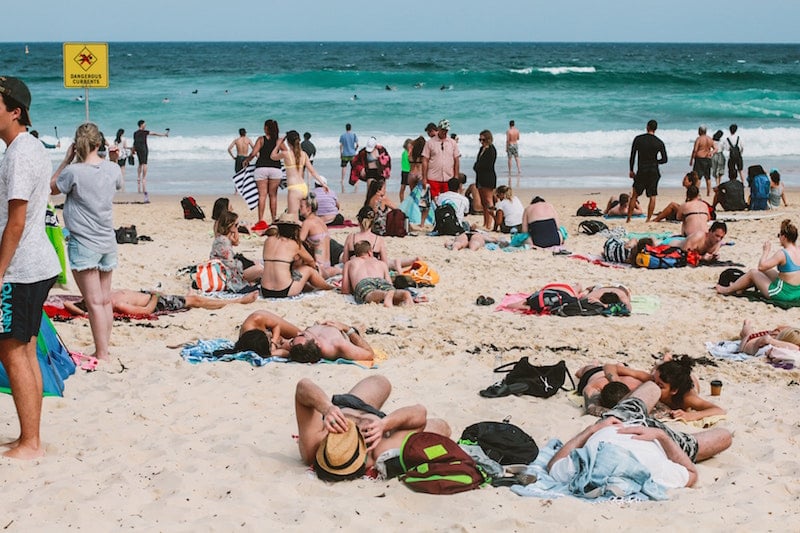
Europeans from colder climes will have to bare their limbs and expose themselves to the Aussie sun. A major feature to life as an expat in Australia is adjusting to the hot sun and outdoor temperatures. Failing to break in your bare feet to flip flops and the heat of the streets, is a rookie error.
We recommend flip-flip or “thong” training in the lead up to your move Down Under to build up your soles to the real heat test - going barefoot on the beach for the first time.
Do not throw a shrimp on the barbie
Technically this phrase is false - barbies are popular and as beloved as ever, but “Let’s put another shrimp on the barbie” is a phrase that no Australian has uttered ever. So casually throwing this phrase into the conversation on your first day in your new job is not advised.
For all Australians, “shrimps” are known as prawns. This phrase became popular because of the iconic Crocodile Dundee, who perhaps due to his notoriety Stateside decided “shrimp” was the better choice when advertising Australia to the world:
Enjoy the sun - but not too much

Sun-screen and sun protection is taken very seriously in Australia .
Why? There is an urban legend that the “ozone hole” is directly over Australia, which is false. However it is true the ozone layer has thinned over the mid-latitudes which includes Australia. This has meant a five to nine per cent depletion of the ozone layer in Australia since the 1960s, which has increased the risk that Australians already face from UV rays due to their love of the great outdoors.
So, although you might hate the feeling of being greased-up with sun-screen and can’t touch anything without it slipping through your hands, it is more important than ever to “cover up” Down Under with a minimum of factor 50.
Aussie Weddings
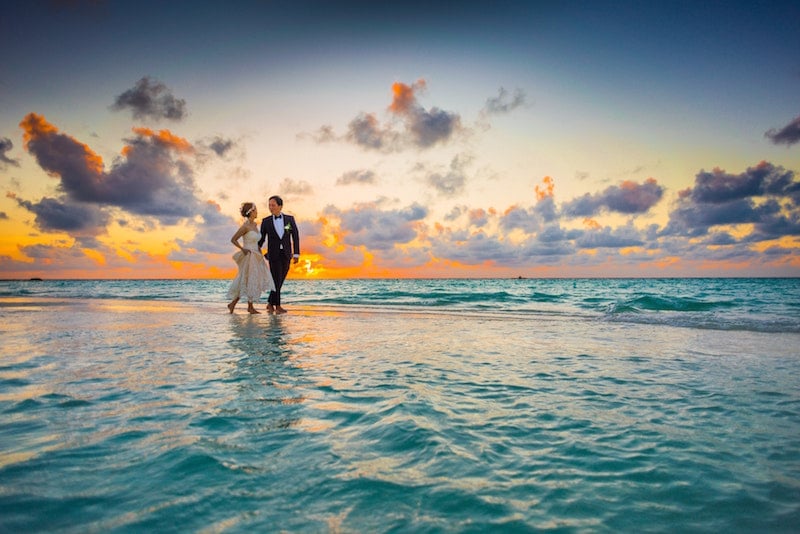
Once you've settled into your new job and life in Australia, with a growing social circle, there's a chance you might receive a wedding invitation at some point. Excited, you plan for a night of fun and partying that will go to the wee hours of 10.30pm. Or maybe 11pm. On a Sunday. If you’re lucky.
This is one unexpected downside to Aussie weddings. They are a brilliant occasion to experience a beautiful ceremony and wedding, most likely celebrated outside. However they can be held mid-week or even on a Sunday and are known to end early to allow people to still go to work the next day or get home early to “let the babysitter go”.
This is all very practical, but for any Irish, British, Spanish or European expats who are used to weddings ending some time the next day, this will come as a shock to them.
Things in Australia that could kill you
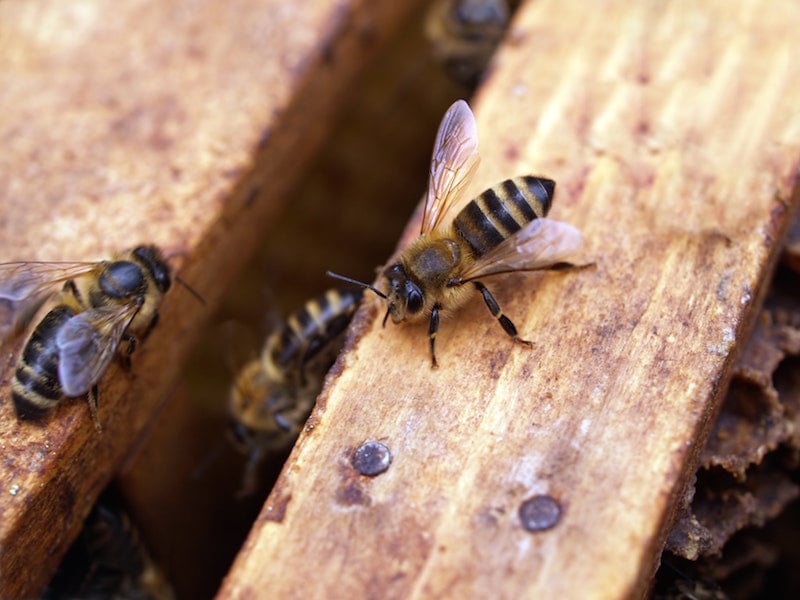
The biggest danger to you in Australia is not the spider. We covered the dangers of the magpies in our blog on 8 things to know before moving to Australia and how for six weeks in the year, magpies are known to attack the public to protect their young. However these are not the creatures you should be watching out for.
A University of Melbourne study has found that of all the venomous animals in Australia, bees and wasps posed the biggest public health risk, killing 27 people and causing 33 percent of all venomous hospitalisations between 2000 and 2013. In contrast, the number of spider related fatalities was zero.
In fact, the first fatality from a spider bite in almost 40 years was recorded in 2016. For the most part, spiders play an important role in managing insect numbers.
Dreaming of a white Christmas
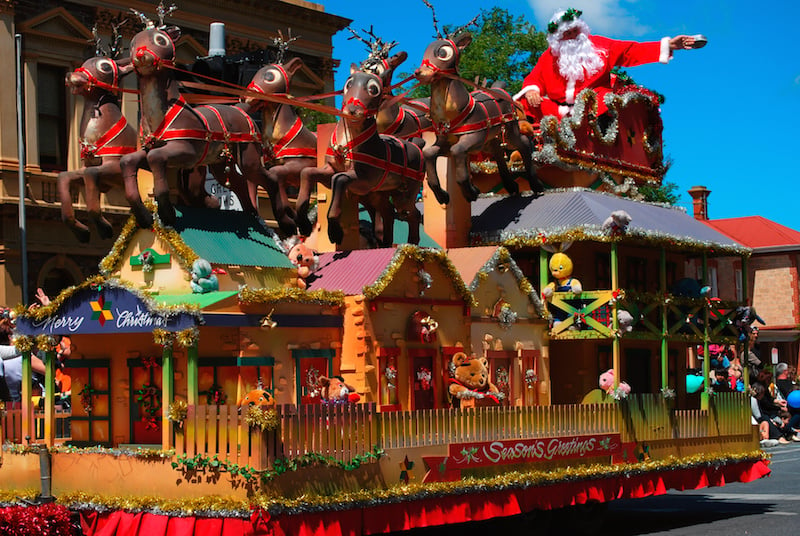
In our article on how expats celebrate Christmas overseas, we discussed the new type of Christmas dinner many expats in Australia have to adjust to. Instead of a rich, hot, turkey dinner they will be enjoying a light, seafood, salad-based meal.
This is probably the perfect meal to have too, considering Christmas day temperatures in Australia can reach up to 40 degrees on December 25th. The last place you would want to be is cooking in a hot kitchen.
Don’t worry however, it isn’t all bah humbug. Australians still put in effort to decorate their houses and gardens starting December 1st and there is even carol-singing in the major cities and towns so you still get to experience that Christmas feeling throughout December as an expat in Australia.
We hope this hasn’t stopped you in your plans to move to Australia - but now you have some honest tips and advice to make sure you are getting the best start to your move Down Under.
CurrencyFair specialise in being transparent and fair at all times - like when we are sending money overseas for an international money transfer and up to 8x cheaper than a typical bank.
See how much you can save when using CurrencyFair to send money home from Australia.

